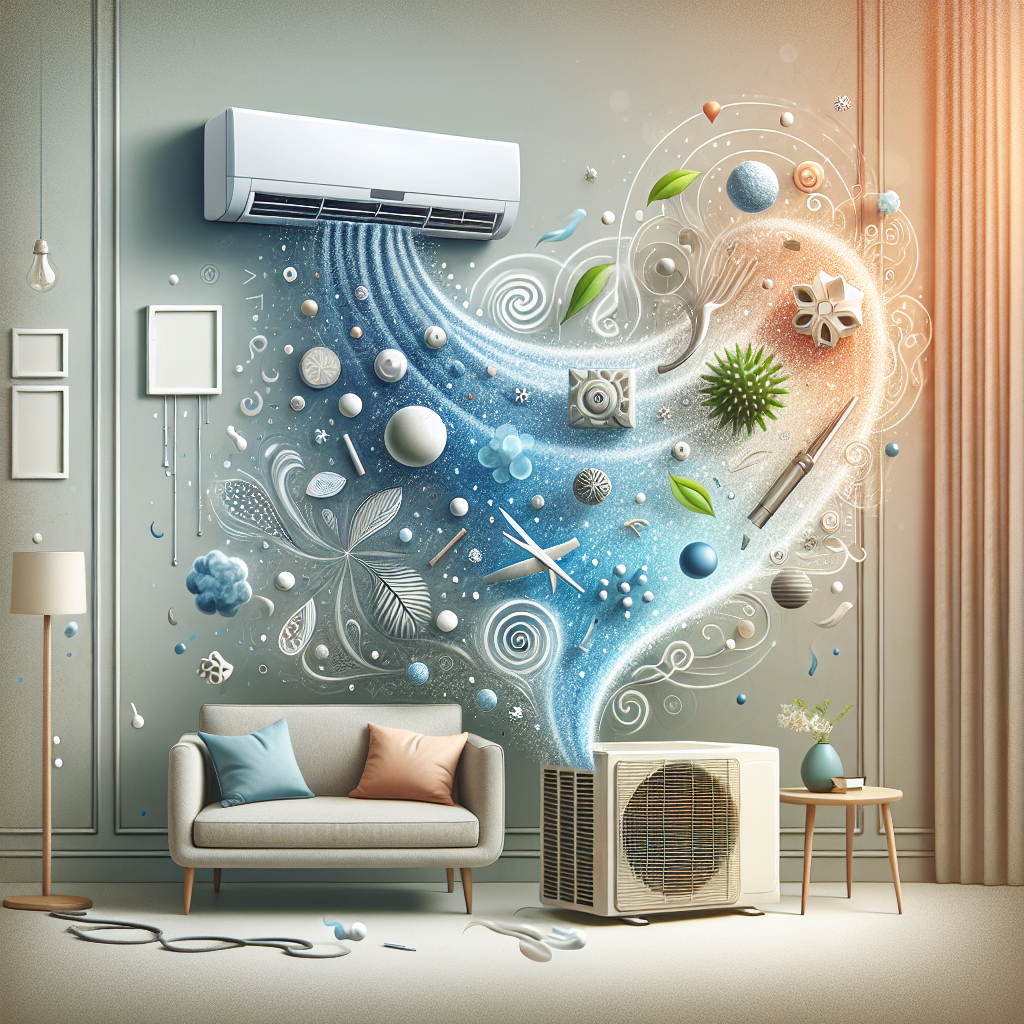Your cart is currently empty!
How Air Conditioning Impacts Indoor Air Quality

Air conditioning plays a crucial role in maintaining a comfortable indoor environment, especially during the hot summer months. However, many people are unaware of how air conditioning can impact indoor air quality. In fact, air conditioning systems can have both positive and negative effects on the air we breathe inside our homes and buildings.
One of the main ways in which air conditioning impacts indoor air quality is by filtering out pollutants and allergens from the air. Most modern air conditioning systems are equipped with filters that can trap dust, pollen, mold spores, and other airborne particles. This helps to improve indoor air quality by reducing the amount of pollutants circulating in the air. However, it is important to regularly clean or replace these filters to ensure that they are functioning properly.
On the other hand, air conditioning systems can also have a negative impact on indoor air quality if they are not properly maintained. If the filters are not cleaned or replaced regularly, they can become clogged and ineffective at trapping pollutants. This can lead to poor indoor air quality and potentially exacerbate respiratory issues for individuals with allergies or asthma.
In addition, air conditioning systems can also contribute to the growth of mold and bacteria if they are not properly maintained. The condensation that forms on the cooling coils of an air conditioner can create a damp environment that is conducive to mold and bacteria growth. This can lead to musty odors and potentially harmful airborne contaminants circulating throughout the indoor space.
To minimize the negative impact of air conditioning on indoor air quality, it is important to properly maintain and clean your air conditioning system on a regular basis. This includes cleaning or replacing filters, inspecting and cleaning cooling coils, and ensuring that the system is functioning properly. Additionally, it is important to ensure that your indoor space is well-ventilated to prevent the buildup of pollutants and allergens.
In conclusion, air conditioning can have a significant impact on indoor air quality. While it can help to filter out pollutants and allergens from the air, it can also contribute to poor indoor air quality if not properly maintained. By taking the necessary steps to maintain your air conditioning system and ensure proper ventilation, you can enjoy a comfortable and healthy indoor environment.

Leave a Reply